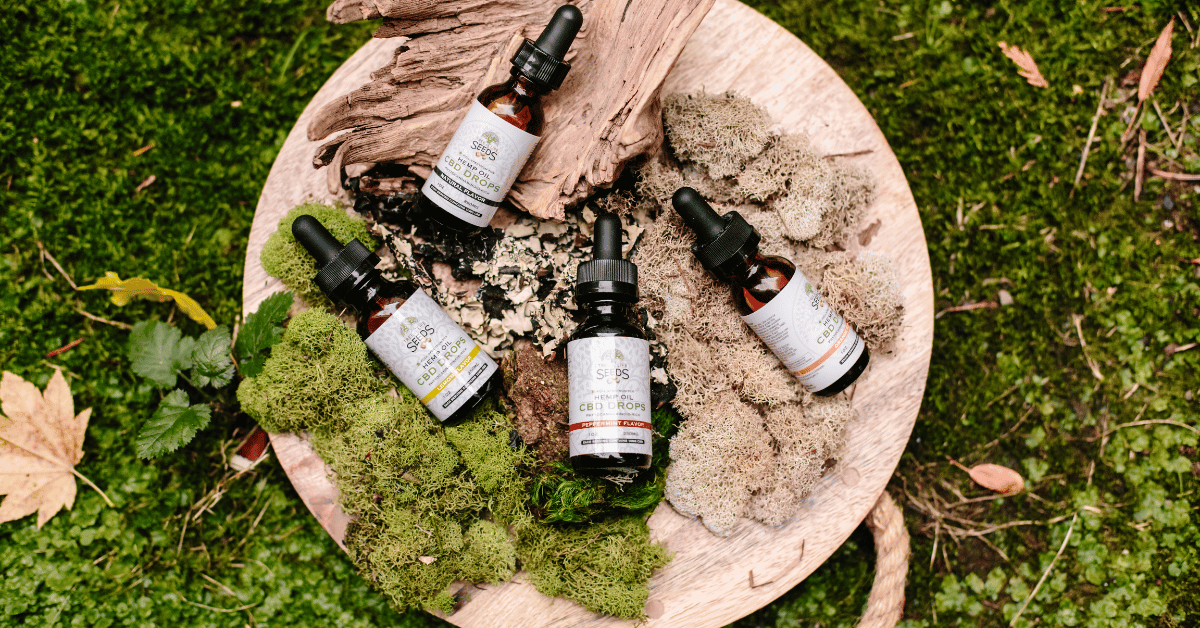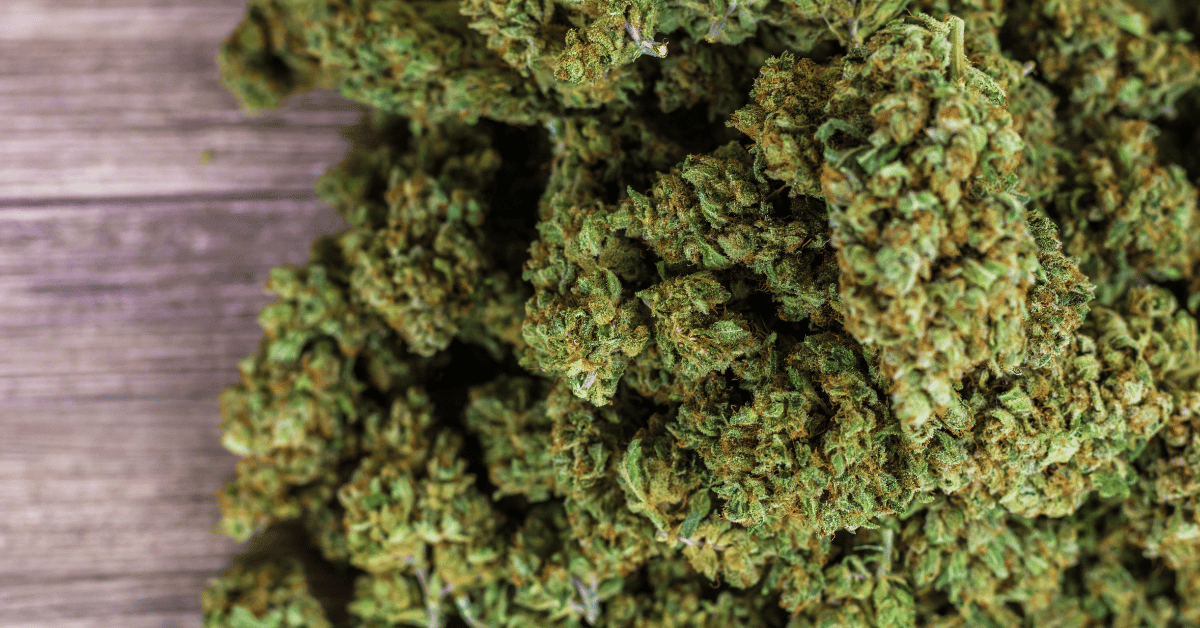
In 2025, Health Canada introduced a proposal that could reshape how cannabidiol (CBD) products are regulated and sold across the country. This proposal has caught the attention of cannabis producers, natural health product (NHP) companies, veterinarians, and consumers alike.
For years, Canada’s CBD market has operated under the Cannabis Act, placing it in a highly controlled space. But now, the government is exploring new ground specifically, allowing certain CBD products to be sold without a prescription under the Natural Health Product framework. If implemented, this would create new retail pathways for non-prescription CBD options intended for minor ailments, wellness use, and even veterinary care.
So, what’s changing? And more importantly, how can businesses prepare?
The growing demand for CBD products is hard to ignore. Canadians are increasingly turning to CBD for mild symptoms such as anxiety, muscle soreness, and sleep support. At the same time, industry voices and researchers have been advocating for clearer, science-backed guidelines to bring CBD closer to health product shelves instead of keeping it behind pharmacy counters.
Health Canada is responding with a proposal that strikes a balance allowing low-risk CBD products onto the market without a prescription, but with evidence requirements and strict safety conditions. The intent is to support access while protecting public health.
To understand the importance of this proposal, it’s helpful to first review where we are today.
CBD products in Canada are currently regulated under both the Cannabis Act and the Food and Drugs Act. This dual framework creates complexities in approval, marketing, and sales.
This has created a gap in the marketplace many consumers want access to over-the-counter CBD, but the existing laws restrict manufacturers from providing it without navigating full pharmaceutical pathways.
Health Canada’s proposed path forward includes multiple updates designed to support a more open yet controlled CBD market. Here are the highlights businesses need to be aware of:
Select products may soon be approved as Natural Health Products if they meet strict safety, dosage, and evidence requirements.
Products must contain no more than 0.001% THC in finished form. This sets a firm safety benchmark and ensures that non-psychoactive use is maintained.
CBD products must be intended for minor ailments, such as sleep difficulties, occasional anxiety, or joint discomfort. Each health claim must be supported by valid clinical or scientific evidence.
A parallel framework is being proposed for veterinary use, allowing certain pet care and livestock CBD products to enter the market with veterinary oversight.
Packaging must include:
Before sale, each product must be backed by a complete dossier including safety data, efficacy studies, and information on potential drug interactions. Without this, the product cannot be approved as an NHP.
The public consultation period ran from March 7 to June 5, 2025. Health Canada is now reviewing stakeholder feedback and preparing draft regulations for publication in the Canada Gazette, Part I, which is expected by late 2025.
From there, the process includes:
This gives businesses time to prepare but not much.
For companies already in the CBD space, this is both a challenge and a major opportunity. By creating a regulated pathway for non-prescription CBD products, Health Canada is opening the door to wider distribution and broader consumer access. But new regulations also come with new responsibilities.
To stay competitive and meet compliance expectations, here’s what your business can do today:
Monitor the Canada Gazette
Stay up to date on regulation release dates, timelines, and interpretation guidelines from Health Canada.

At MF License & Regulatory Consultants (MFLRC), we specialize in guiding cannabis and health product companies through regulatory changes like these.
Whether you need help preparing for a Natural Health Product site license or building a complete evidence dossier, our team can support you at every step.
We’ve helped clients across Canada navigate complex health regulations with confidence and now we’re ready to help CBD businesses adapt to the 2025 proposal.
Health Canada’s 2025 CBD proposal signals a major change for the industry. By reclassifying some CBD products as Natural Health Products, the government is creating a path for wider access but not without raising the bar for quality, safety, and compliance.
If you’re planning to enter this new market or stay ahead of upcoming changes, now is the time to act. From documentation to licensing, every step will matter in the months ahead.
| Disclaimer |
| The above blog post is provided for informational purposes only and has not been tailored to your specific circumstances. This blog post does not constitute legal advice or other professional advice and may not be relied upon as such. |

MFLRC is a one-stop shop for all of your Licensing, quality assurance and compliance needs. Our team has years of experience in the cannabis industry and are experts in all facets. We offer a variety of services that will save you time and money. Let us take the burden off your shoulders so you can focus on what’s important – growing your business.
Contact us Now!
Mussarat Fatima, President, and owner of MF Cannabis License and Regulatory Consultants has more than twenty years of experience in Quality Assurance, Quality Control, and Regulatory Affairs within the pharmaceutical, Food and Cannabis industries. She has a Master’s Degree in Food Sciences and Biochemistry; in addition to this, she also has a diploma in pharmaceutical Quality Assurance, Regulatory Affairs, and Quality Control. Also, she has completed several certifications specifically in Cannabis Quality Assurance, Regulatory Affairs, and Facility management from recognized institutes in Canada.

Written By: Mussarat Fatima
President at MF License & Regulatory Consultants
Website: https://mflrc.com/
Contact: info@mflrc.com